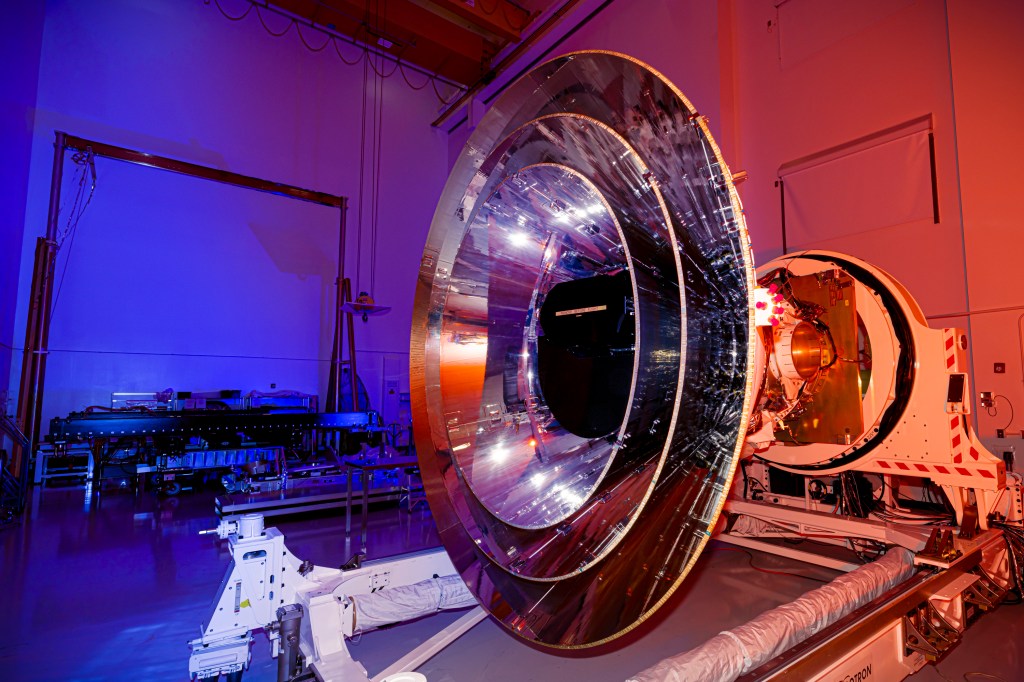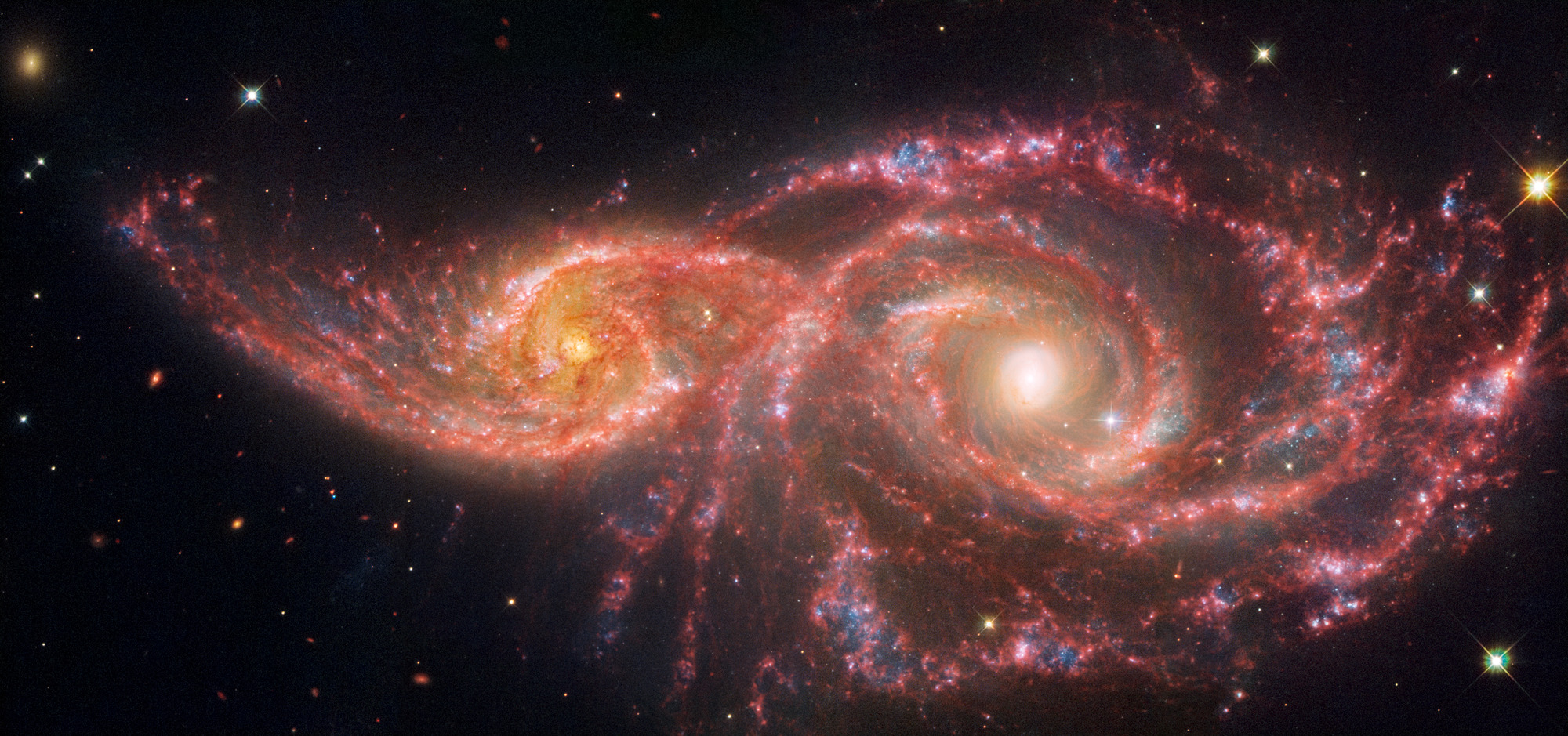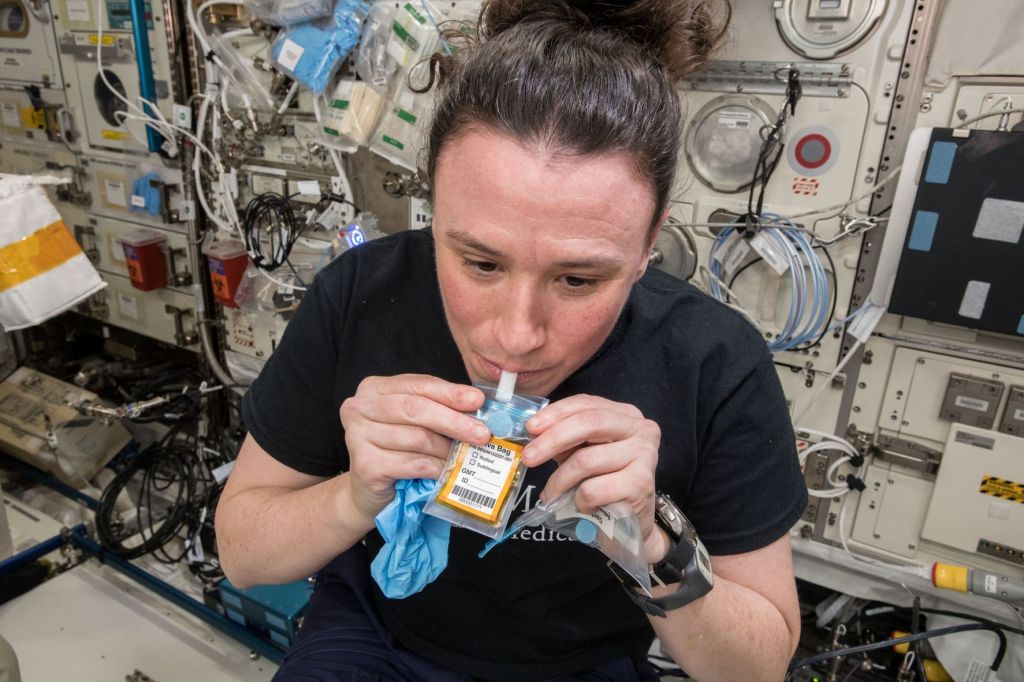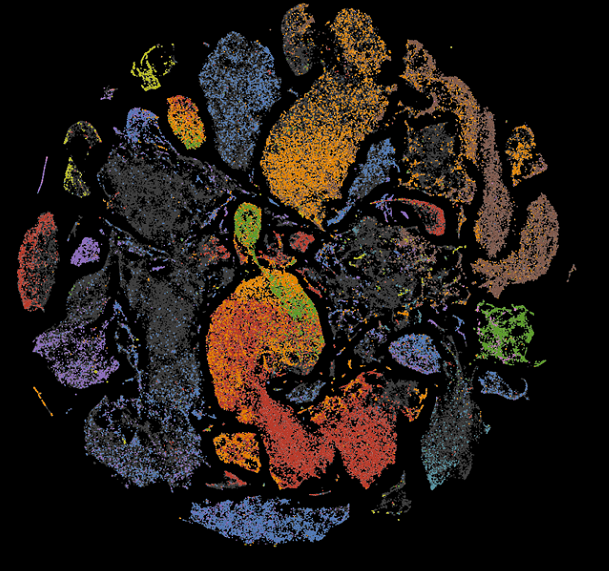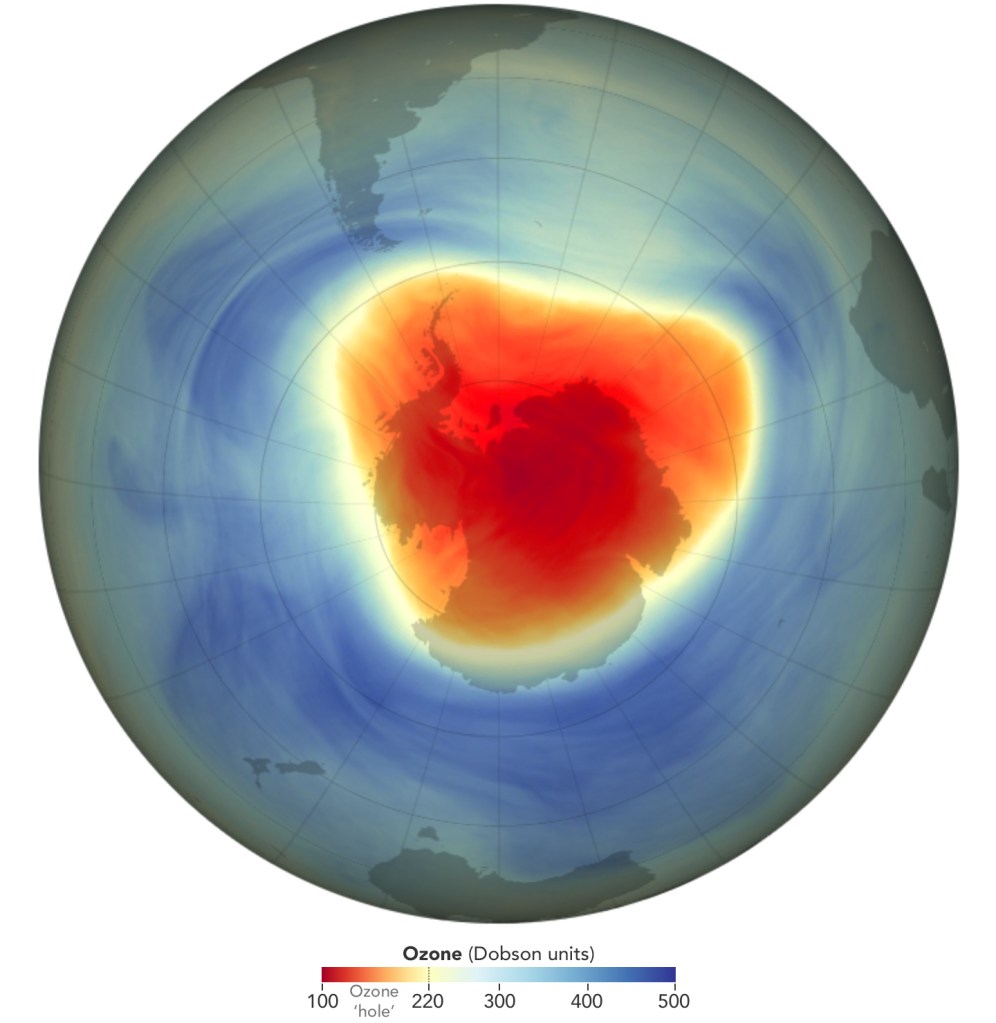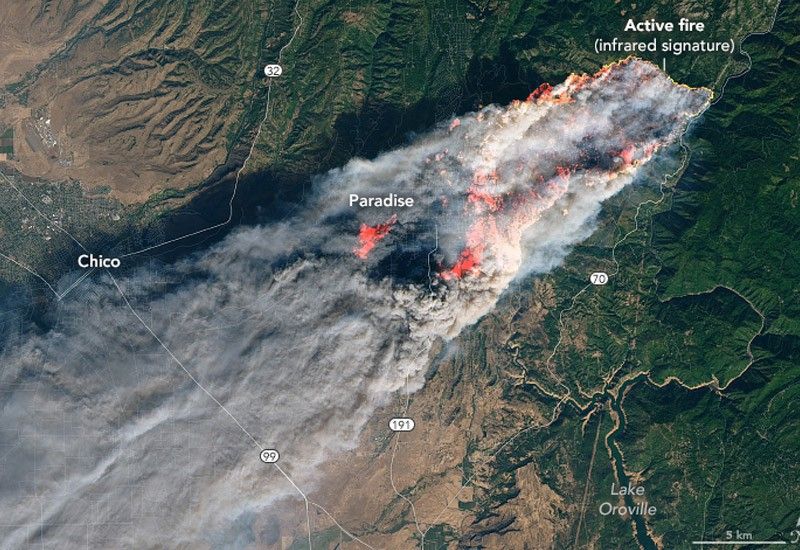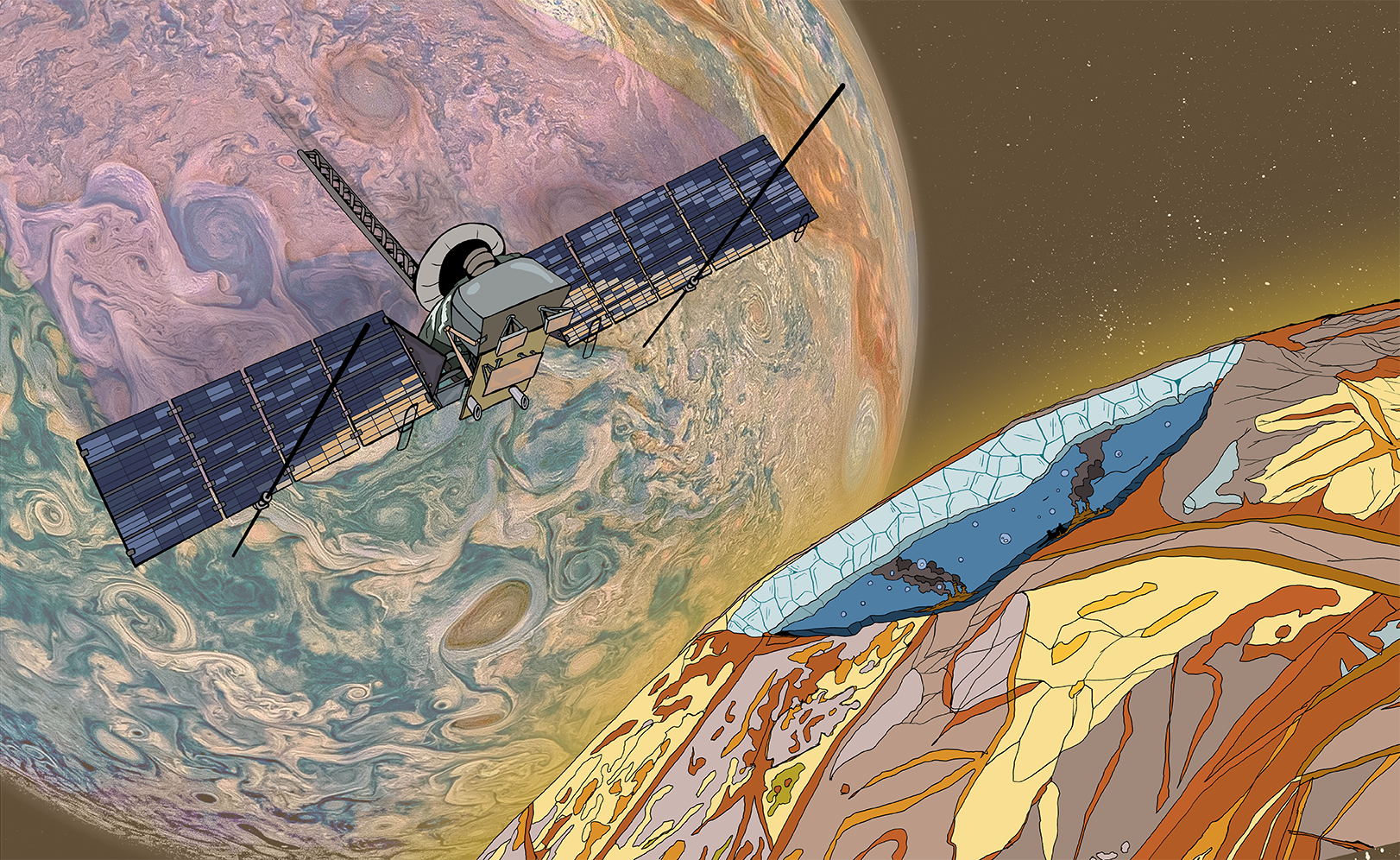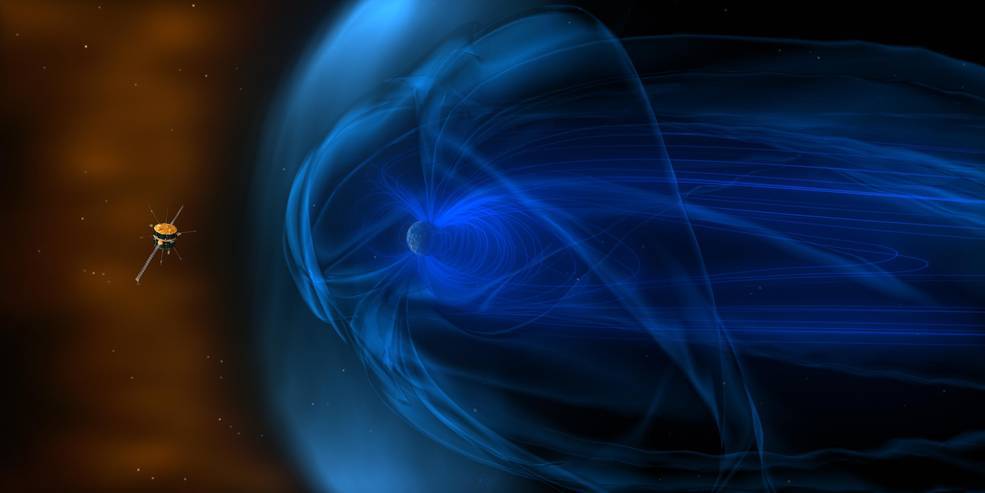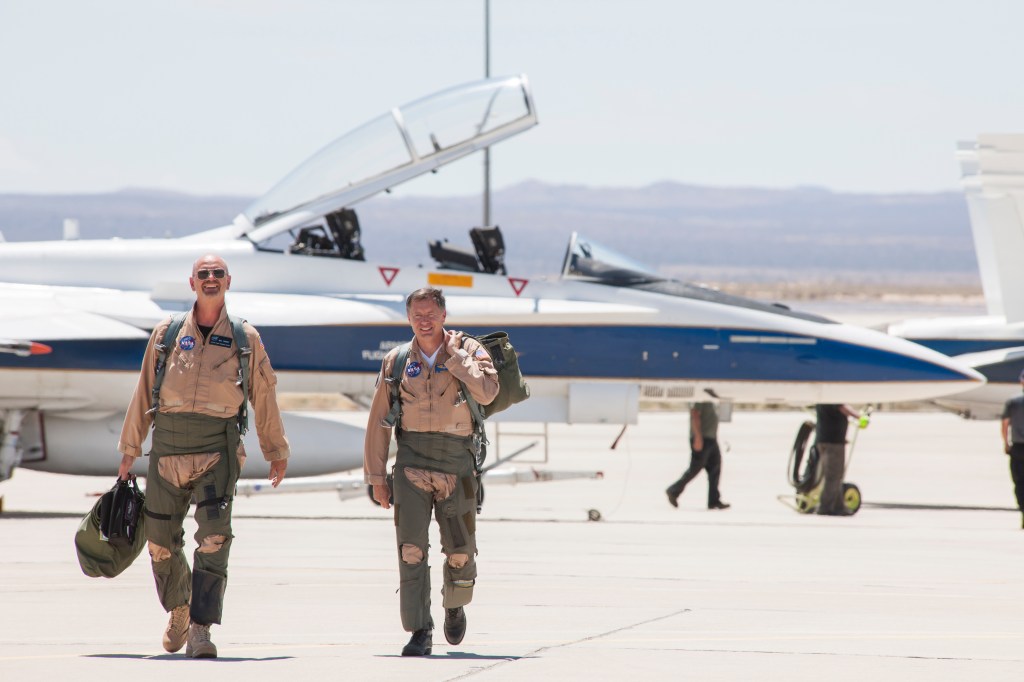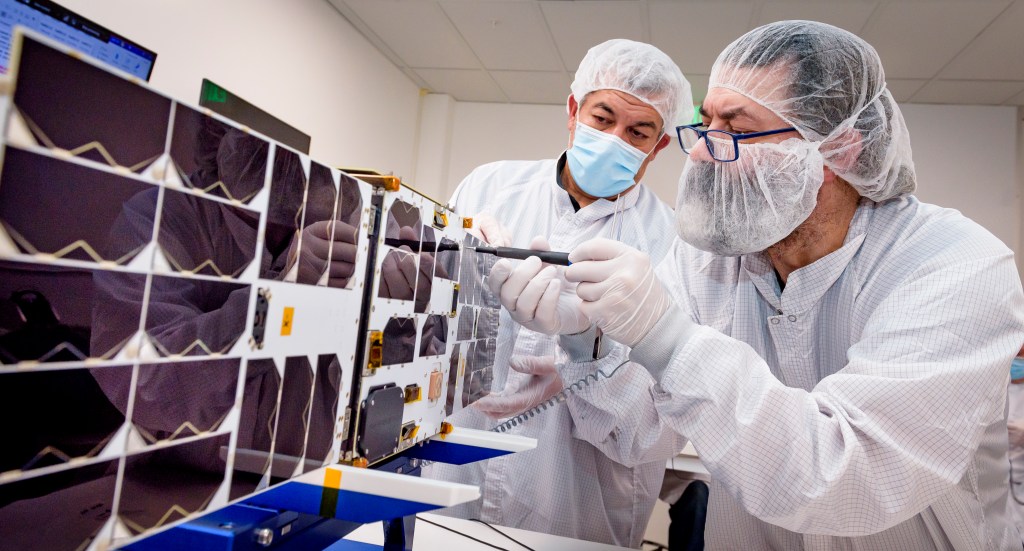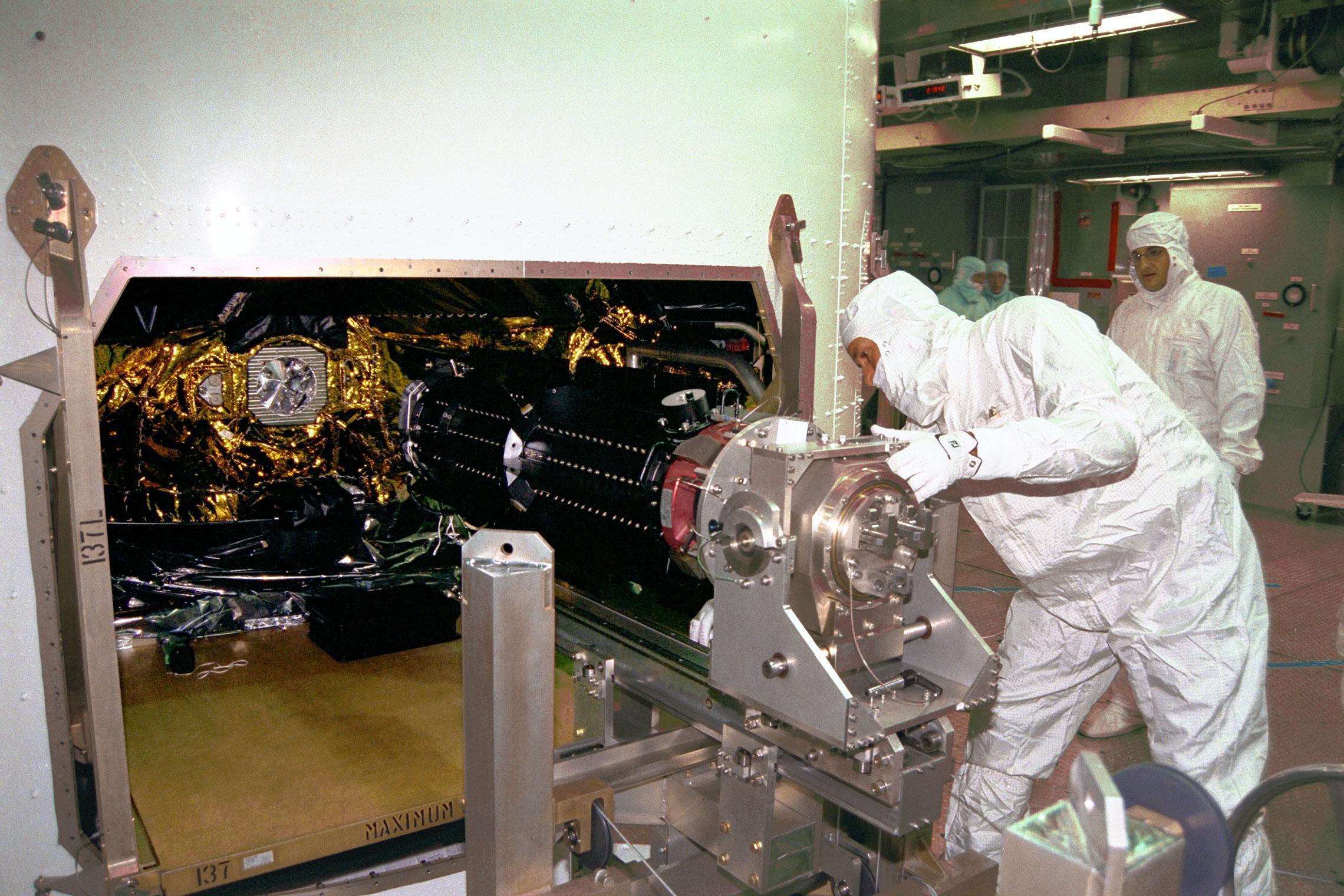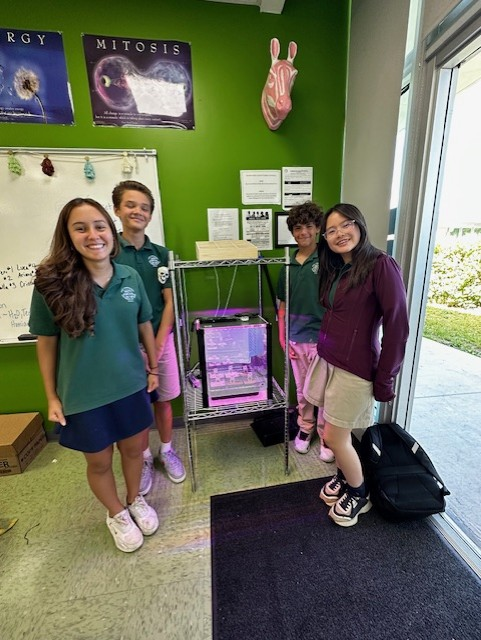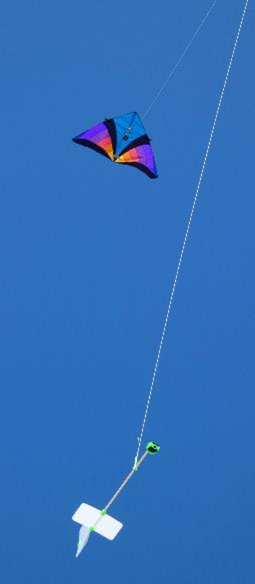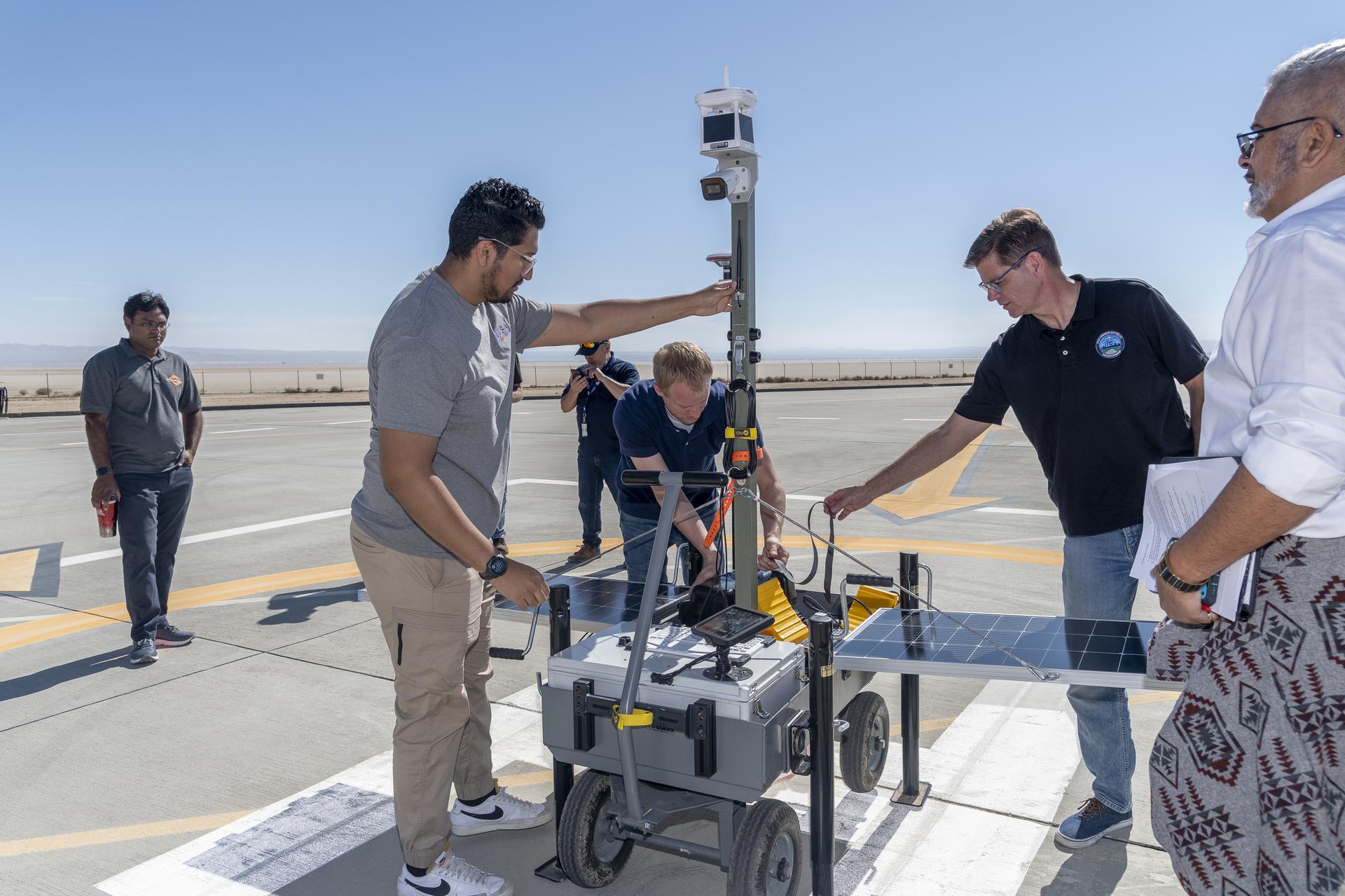
Victor J. Glover, Jr.
NASA Astronaut and U.S. Navy Captain
Follow Victor
Summary
Victor J. Glover, Jr. was selected as an astronaut in 2013 while serving as a Legislative Fellow in the United States Senate. He most recently served as pilot of the Crew-1 dragon spacecraft, named Resilience, which flew to the International Space Station, where he also served as Flight Engineer for Expedition 64/65. Glover has been assigned as Pilot of NASA’s Artemis II mission around the Moon.
The California native earned an undergraduate engineering degree as a two sport athlete, while serving his community. Glover is a Naval Aviator and was a test pilot in the F/A‐18 Hornet, Super Hornet and EA‐18G Growler. He and his family have been stationed in many locations in the United States and Japan and he has deployed in combat and peacetime.
Personal
Born in Pomona, California. Married to the former Dionna Odom of Berkeley, California. They have four children. His mother lives in southern California, and his father and stepmother live in Prosper, Texas.
Education
Graduated from Ontario High School, Ontario, California, 1994. Bachelor of Science in General Engineering, California Polytechnic State University, San Luis Obispo, California, 1999. Master of Science in Flight Test Engineering (USAF TPS), Air University, Edwards Air Force Base, California, 2007. Master of Science in Systems Engineering (PD‐21), Naval Postgraduate School, 2009. Master of Military Operational Art and Science, Air University, Montgomery, Alabama, 2010.
Experience
Following commissioning, Glover began preflight training in Pensacola, Florida, and completed his advanced flight training in Kingsville, Texas, earning his wings of gold on December 14, 2001. In 2002, Glover reported to the Marine Fleet Replacement Squadron, VMFAT‐101, in Miramar, California. In 2003, after completing the F/A‐18C syllabus, he was assigned to the Blue Blasters of Strike Fighter Squadron VFA‐34 in Oceana, Virginia. With the Blue Blasters, he completed the final deployment of the USS John F. Kennedy (CV‐67) in support of Operation Iraqi Freedom. While deployed, he completed a Space Systems Certificate from the Naval Postgraduate School (NPS). Glover was then selected as the United States Navy’s exchange pilot to attend the Air Force Test Pilot School. During the one‐year experimental test piloting course, he flew more than 30 aircraft in the U.S. and Italy. On June 9, 2007, he was designated a test pilot. Glover then served as a test pilot with the Dust Devils of Air Test and Evaluation Squadron VX‐31 in China Lake, California, testing various weapons systems on the F/A ‐ 18 Hornet, Super Hornet and EA‐18G Growler. In his off‐duty hours, he earned a Master of Science degree in Systems Engineering via NPS in Monterey, California. In 2009, Glover received orders to the Air Command and Staff College at Maxwell Air Force Base, Alabama. Following graduation, Glover reported to the Dambusters of Strike Fighter Squadron VFA‐195, in Atsugi, Japan, where he served as a Department Head. With the Dambusters, he deployed three times to various locations in the Pacific Ocean. In 2012, Glover was selected for the Legislative Fellowship. He reported to the Office of Legislative Affairs in Washington, D.C., and was assigned to the office of a U.S. Senator. While in Washington D.C., he completed a Certificate in Legislative Studies at Georgetown University. Glover was a Legislative Fellow in the U.S. Senate when selected as an astronaut candidate.
Glover accumulated 3,500 flight hours in more than 40 aircraft, over 400 carrier arrested landings and 24 combat missions.
NASA Experience
Glover was selected in 2013 as one of eight members of the 21st NASA astronaut class. After completing Astronaut Candidate Training in 2015, he served as a space station capsule communicator (CapCom), Expedition 52 Increment Lead Crewmember, Operations Officer, and Family Escort for several Soyuz and Crew Dragon launches – one of the most challenging and rewarding jobs of an astronaut.
In 2018, Glover was assigned to his first spaceflight mission, as Crew-1 Pilot, the first post-certification mission of SpaceX’s Crew Dragon spacecraft – the second crewed flight for that vehicle – and as an Expedition 64/65 Flight Engineer aboard the International Space Station. Glover spent 168 days (Nov. 16, 2020 to May 2, 2021) in space, completing 4 spacewalks, and several scientific, maintenance, and outreach activities.
Post-flight, Glover served as the Human Landing Systems crew representative, and in a supervisory role as the Astronaut Office, Assigned Crew Branch Chief.
In 2023, Glover was assigned as Artemis II Pilot. He will be one of four astronauts on the first mission to the Moon in more than 50 years on NASA’s path to establishing a long-term presence for science and exploration. The approximately 10-day flight will test NASA’s foundational human deep space exploration capabilities, the SLS rocket, Exploration Ground Systems, and the Orion spacecraft.
Awards/Honors
The Defense Superior Service Medal, Navy Commendation Medal, two Navy and Marine Corps Achievement Medals, NASA Distinguished Service Medal, and NASA Space Exploration Medal; Ontario High School 1994 athlete of the year; Cal Poly, San Luis Obispo, Service to the Community Award and community service notation on transcripts; Distinguished Graduate and Regimental Commander, U.S. Navy Officer Candidate School; Onizuka Prop Wash Award, United States Air Force Test Pilot School; Distinguished Graduate, Air Command and Staff College; Named one of Jet Magazine’s inaugural 40 under 40 in 2013; 2023 ASE Congress Perchatka; Member of 2023 TIME 100 Next.
Organizations
Mathematics, Engineering, Science Achievement (MESA) Alumni; Dean’s Advisory Council, College of Engineering, Cal Poly, San Luis Obispo; Phi Beta Sigma Fraternity, Incorporated – Life Member; Society of Experimental Test Pilots – Member; National Society of Black Engineers; International Council on Systems Engineering (INCOSE); Tailhook Association – Life Member; Association of Space Explorers.



